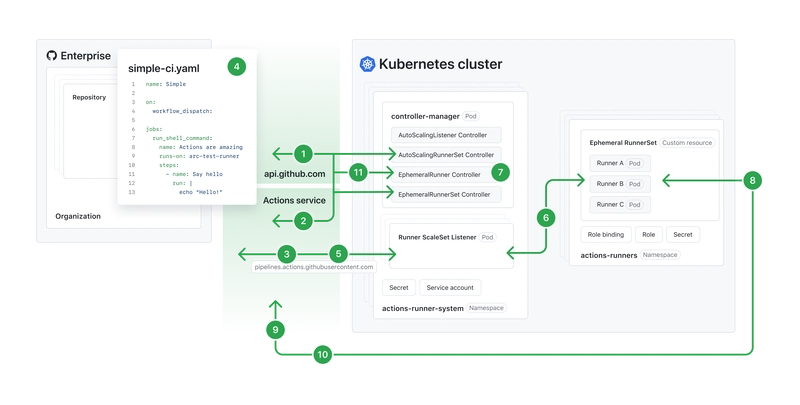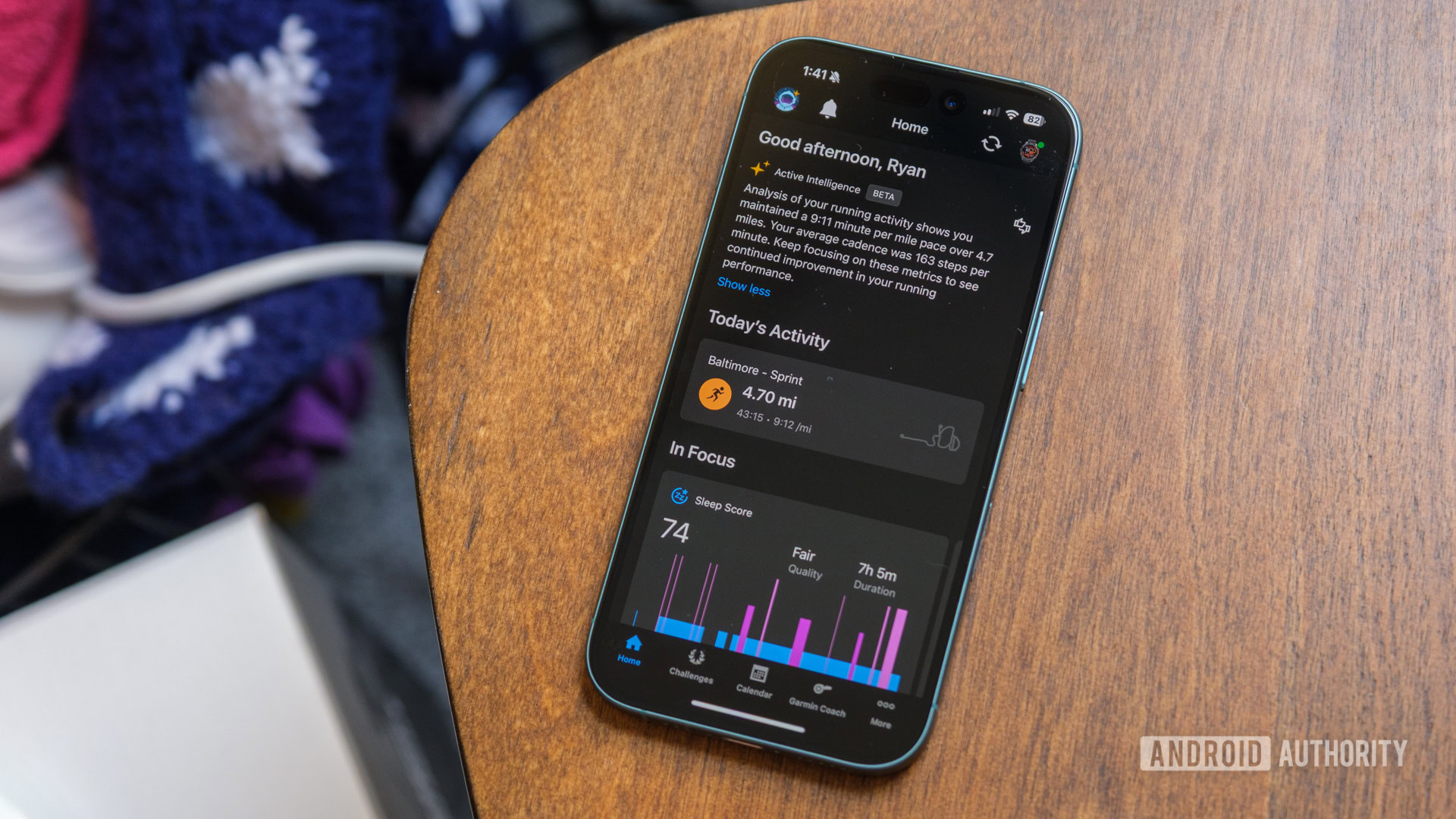What Uses a DBMS? Real-Life Examples
Ever wonder what makes your favorite websites and apps tick? Chances are, behind that sleek interface lies a powerful engine diligently organizing and managing tons of information: a Database Management System (DBMS). You might not see it directly, but DBMS is the unsung hero of the digital age, quietly powering countless aspects of our daily lives. Let's pull back the curtain and explore some fascinating real-life dbms examples. Think about the last time you shopped online. You browsed through countless products, added items to your cart, and finally made a purchase. Where does all that information go? The product details, your personal information, your order history – it's all meticulously stored and managed by a DBMS. E-commerce platforms rely heavily on DBMS to keep track of inventory, customer data, orders, and much more. Without it, your online shopping experience would be chaotic, to say the least! This is just one of the many dbms examples we encounter regularly. Consider your social media feed. Every post, comment, like, and friend request is data that needs to be stored, organized, and connected. Social media platforms utilize robust DBMS to handle the massive influx of user-generated content and relationships. When you search for a friend or scroll through your newsfeed, the DBMS is working behind the scenes to retrieve and display the relevant information quickly and efficiently. Banking is another critical area where DBMS plays a vital role. Think about your account balance, transaction history, and the vast amounts of customer data that banks manage. Security, accuracy, and efficient retrieval of this information are paramount. Banks rely on sophisticated DBMS to ensure the integrity and confidentiality of your financial data. From processing transactions to generating statements, DBMS is the backbone of modern banking systems. These are just a few glimpses into the pervasive influence of DBMS. You'll find them in countless other applications: Healthcare: Managing patient records, appointment schedules, and medical histories. Education: Storing student information, grades, and course details. Transportation: Tracking flight schedules, train routes, and passenger information. Government: Managing citizen records, census data, and public services. In essence, any application that deals with a significant amount of structured data likely relies on a DBMS to manage it effectively. From the mundane to the mission-critical, DBMS is the silent workhorse that keeps our digital world running smoothly. So, the next time you interact with an online service, remember the powerful DBMS working tirelessly behind the scenes! you can visit TpointTech for other topics

Ever wonder what makes your favorite websites and apps tick? Chances are, behind that sleek interface lies a powerful engine diligently organizing and managing tons of information: a Database Management System (DBMS). You might not see it directly, but DBMS is the unsung hero of the digital age, quietly powering countless aspects of our daily lives. Let's pull back the curtain and explore some fascinating real-life dbms examples.
Think about the last time you shopped online. You browsed through countless products, added items to your cart, and finally made a purchase. Where does all that information go? The product details, your personal information, your order history – it's all meticulously stored and managed by a DBMS. E-commerce platforms rely heavily on DBMS to keep track of inventory, customer data, orders, and much more. Without it, your online shopping experience would be chaotic, to say the least! This is just one of the many dbms examples we encounter regularly.
Consider your social media feed. Every post, comment, like, and friend request is data that needs to be stored, organized, and connected. Social media platforms utilize robust DBMS to handle the massive influx of user-generated content and relationships. When you search for a friend or scroll through your newsfeed, the DBMS is working behind the scenes to retrieve and display the relevant information quickly and efficiently.
Banking is another critical area where DBMS plays a vital role. Think about your account balance, transaction history, and the vast amounts of customer data that banks manage. Security, accuracy, and efficient retrieval of this information are paramount. Banks rely on sophisticated DBMS to ensure the integrity and confidentiality of your financial data. From processing transactions to generating statements, DBMS is the backbone of modern banking systems.
These are just a few glimpses into the pervasive influence of DBMS. You'll find them in countless other applications:
Healthcare: Managing patient records, appointment schedules, and medical histories.
Education: Storing student information, grades, and course details.
Transportation: Tracking flight schedules, train routes, and passenger information.
Government: Managing citizen records, census data, and public services.
In essence, any application that deals with a significant amount of structured data likely relies on a DBMS to manage it effectively. From the mundane to the mission-critical, DBMS is the silent workhorse that keeps our digital world running smoothly. So, the next time you interact with an online service, remember the powerful DBMS working tirelessly behind the scenes!
you can visit TpointTech for other topics










































































































































































![[The AI Show Episode 144]: ChatGPT’s New Memory, Shopify CEO’s Leaked “AI First” Memo, Google Cloud Next Releases, o3 and o4-mini Coming Soon & Llama 4’s Rocky Launch](https://www.marketingaiinstitute.com/hubfs/ep%20144%20cover.png)


















































































































![[DEALS] The All-in-One Microsoft Office Pro 2019 for Windows: Lifetime License + Windows 11 Pro Bundle (89% off) & Other Deals Up To 98% Off](https://www.javacodegeeks.com/wp-content/uploads/2012/12/jcg-logo.jpg)





































![Is this too much for a modular monolith system? [closed]](https://i.sstatic.net/pYL1nsfg.png)






















































































































_Andreas_Prott_Alamy.jpg?width=1280&auto=webp&quality=80&disable=upscale#)
































































































![What features do you get with Gemini Advanced? [April 2025]](https://i0.wp.com/9to5google.com/wp-content/uploads/sites/4/2024/02/gemini-advanced-cover.jpg?resize=1200%2C628&quality=82&strip=all&ssl=1)













![Apple Shares Official Trailer for 'Long Way Home' Starring Ewan McGregor and Charley Boorman [Video]](https://www.iclarified.com/images/news/97069/97069/97069-640.jpg)
![Apple Watch Series 10 Back On Sale for $299! [Lowest Price Ever]](https://www.iclarified.com/images/news/96657/96657/96657-640.jpg)
![EU Postpones Apple App Store Fines Amid Tariff Negotiations [Report]](https://www.iclarified.com/images/news/97068/97068/97068-640.jpg)
![Apple Slips to Fifth in China's Smartphone Market with 9% Decline [Report]](https://www.iclarified.com/images/news/97065/97065/97065-640.jpg)




































































































































